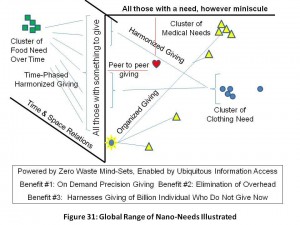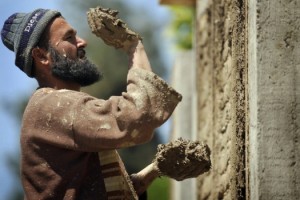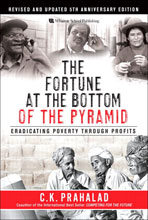
Contrarian Investor Sees Economic Crash in China
James S. Chanos built one of the largest fortunes on Wall Street by foreseeing the collapse of Enron and other highflying companies whose stories were too good to be true.
Now Mr. Chanos, a wealthy hedge fund investor, is working to bust the myth of the biggest conglomerate of all: China Inc.
As most of the world bets on China to help lift the global economy out of recession, Mr. Chanos is warning that China's hyperstimulated economy is headed for a crash, rather than the sustained boom that most economists predict. Its surging real estate sector, buoyed by a flood of speculative capital, looks like “Dubai times 1,000 — or worse,” he frets. He even suspects that Beijing is cooking its books, faking, among other things, its eye-popping growth rates of more than 8 percent.
Phi Beta Iota: We agree with Minister Mentor Lee Kuan Yew of Singapore when he says that demography, not democracy, will shape the future. While the other seven demographic powers (Brazil, India, Indonesia, Iran, Russia, Venezuela, and Wild Cards such as Turkey) will be extraordinarily influential as well, China is the only one that is:
Continue reading “Journal: The Chinese Crash or the Chinese Solution?”









Green Serves rural areas Focus on women Fair trade